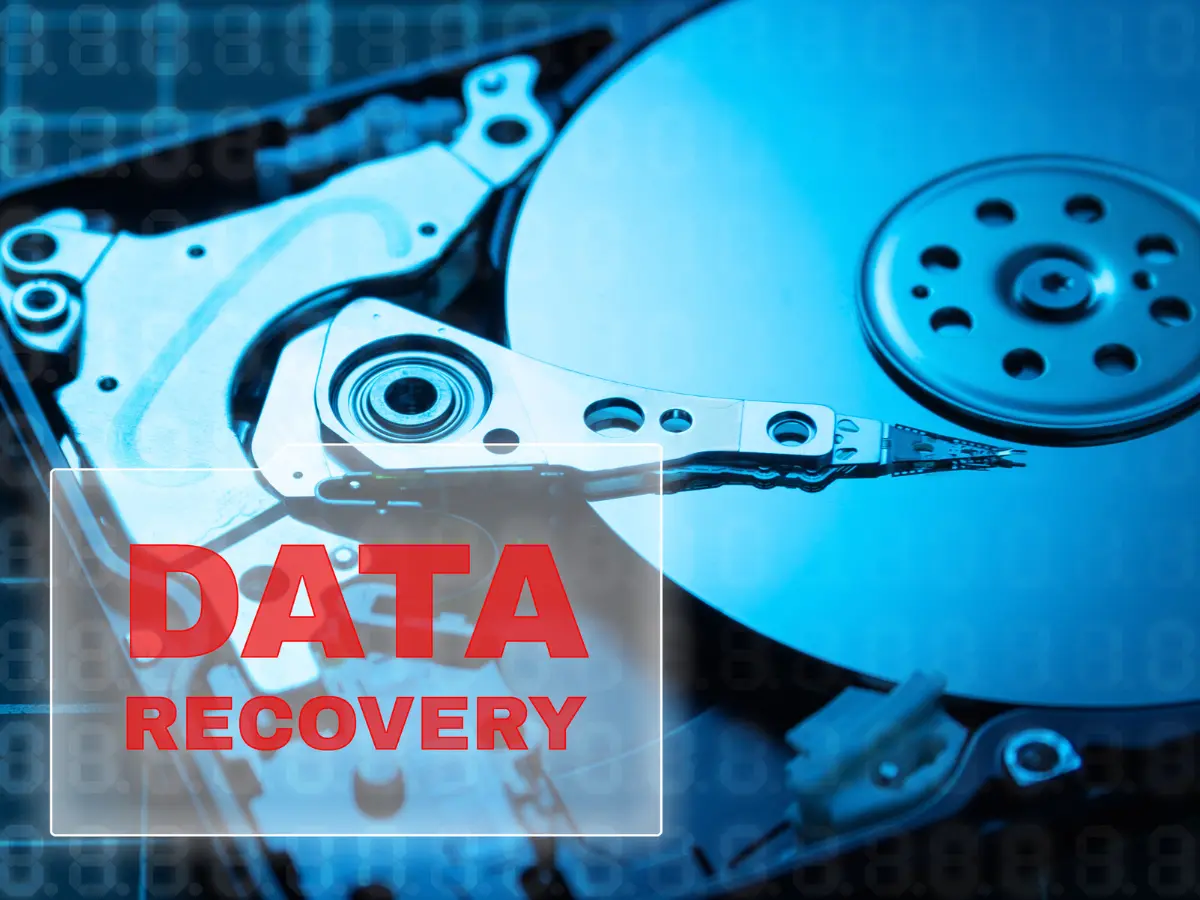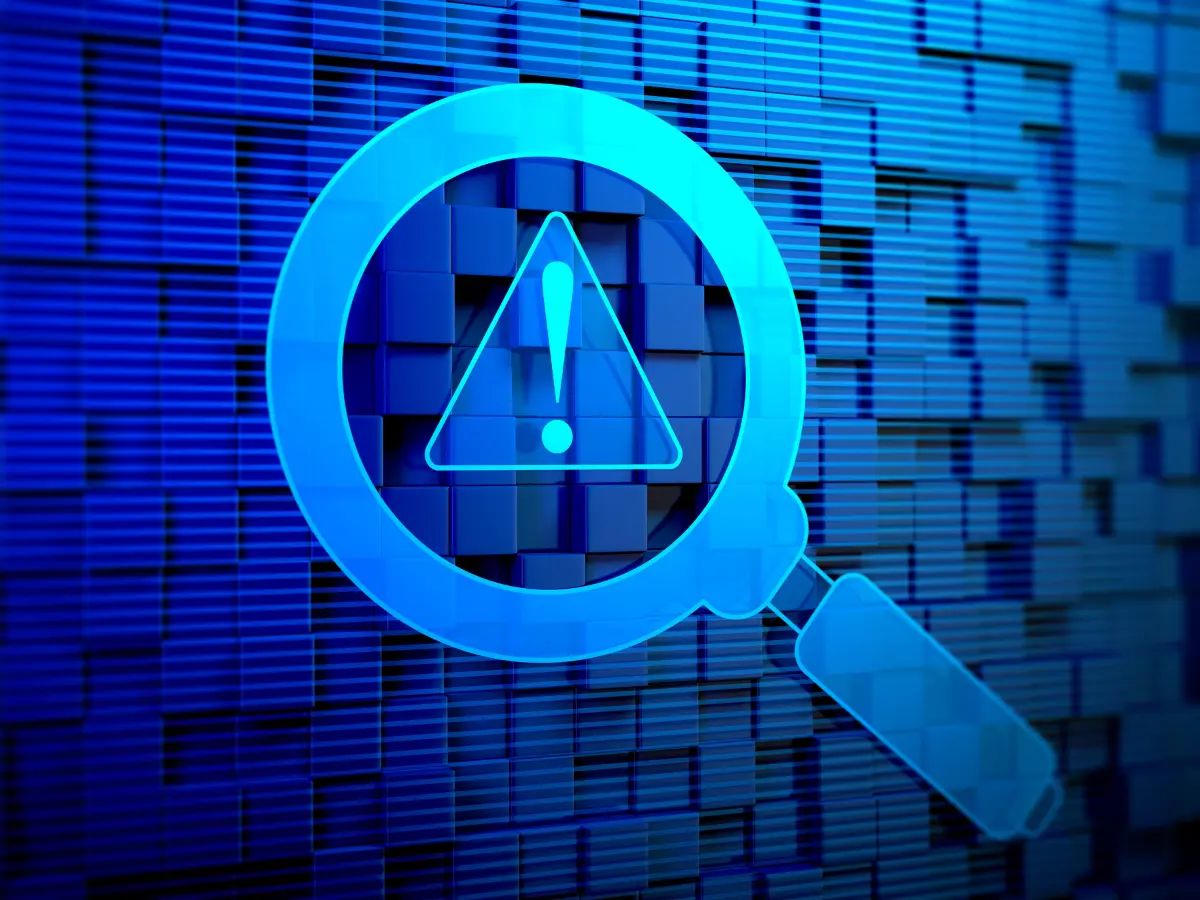The workforce is evolving rapidly with innovations coming up—remote and hybrid jobs, use of AI tools, etc.—making data protection an absolute necessity when it comes to the setting up and running of organizations (small, medium, or large). As simple as it sounds, this process can be tricky. When data is handled with ignorance, it comes at a hefty price. In this article, you have the information you need about data protection and its principles.
What is Data Protection?
Data protection, often used interchangeably with the term “data security,” is the process of safeguarding sensitive information about an identified subject. This information includes names, ages, occupations, health records, financial details, etc.
Since the growth of organizations depends heavily on data utilization and storage, it is paramount that the gathered data is defended against a host of problems. Problems such as data corruption and compromise, and fatal loss due to cyberattacks, human error, and system shutdown.
Now the primary aim of data protection is not only to prevent loss but to ensure the data is accessible, reliable, and recoverable.
IMAGE
Why is Data Protection Important?
“In industry circles, consumer data is often compared to plutonium—powerful and valuable but dangerous to the handler if abused.”
Mike Pedric
This is a statement by Mike Pedrick, vice president of cybersecurity consulting at managed security services provider Nuspire.
Due to the introduction of new work modes (remote, hybrid, etc.) in addition to the enormous quantity of data generated (approximately 2.5 quintillion bytes of data daily), today’s data protection procedure is much more advanced than a few years ago.
Hence, the difficult task of laying some ground rules and implementing technologies aimed at protecting and granting rightful access to such sensitive information.
The Ponemon Institute’s Cost of Data Breach Study found that on average, the damage caused by a data breach in the USA was $8 million. The impact of the average data incident reaches 25,575 user accounts, resulting in a severe loss of customer trust and subsequently stifling the company’s growth.
With the increasing number of regulations introduced by governments around the world for data privacy, lawsuits, settlements, and fines can cripple the finances of any organization that falls victim to data breaches.
Also, considering the disadvantages of data compromise and loss, the best course of action is to develop and implement a foolproof data protection system that protects the sensitive information in addition to assured data privacy and security according to compliance requirements.
The Top Data Protection Laws
According to UNCTAD, 137 out of 194 countries in the world have adopted laws to protect citizens’ data. Examples are:
- NDPA (Nigerian Data Protection Act)
- DPA (Data Protection Act) and UK GDPR (General Data Protection Regulation) of the United Kingdoms
Staying up-to-date with the laws combined with running an effective system is often overwhelming. As such, organizations stand to gain a lot by employing a data protection service provider.
What are the 7 Principles of Data Protection?
The UK GDPR and its many adaptations, e.g the Data Protection Bill of Nigeria, established 7 main principles for data protection; lawfulness and transparency, purpose limitation, accuracy, accountablity, intergrity and confidentiality, storage limitation, and data minimization
As a business/enterprise, you must know these principles to ensure absolute compliance. Below are the seven data protection principles:
1. Lawfulness, Fairness, and Transparency
This means that any information and communication concerning the processing of the collected data should be easy to understand and in clear, plain language.
Sometimes, you may need consent to proicess data. In such cases, you must provide a GDPR consent statement to inform and seek the individual’s go ahead.
2. Purpose limitation
This principle simply means that personal data collected can only be used for the legitimate uses that are specified and cannot be used for any other reasons incompatible with the specified purposes.
3. Data Minimization
Data should be processed only if the purpose cannot be fulfilled by any other means. This limits data processing to what is adequate and necessary for the purpose.
4. Accuracy
All personal data collected by controllers (individual, private entity, public commission, agency, etc.) must be stored accurately and up-to-date. Any inaccurate data is to be erased or corrected without delay.
5. Storage Limitations
Personal data are not to be kept longer than necessary for the purposes for which they are collected and processed. To abide by this principle, organizations are advised to place a time limit on such data after which it is reviewed or erased.
6. Integrity and confidentiality
Making use of appropriate measures, organizations should ensure personal data is well protected against unauthorized access, unlawful use, and loss, damage, or destruction. The security and confidentiality of the data are first and foremost during processing.
7. Accountability
Lastly, controllers must be able to take responsibility for the processing of data and be able to show their compliance (through appropriate records and measures) with the previously mentioned principles.
In addition to the above principles, the laws governing the protection of data have other requirements. For instance, organizations have to conduct Data Protection Impact Assessments (DPIA) under certain conditions to achieve NDPR and GDPR-compliance.
Why are the Data Protection Principles important?
These principles act as a solid foundation for building an efficient data protection system and ensuring compliance with the GDPR.
Failure to comply with these principles is punishable with sizable fines, which can be 4% of the global annual turnover of the defaulting organization or up to €20 million, whichever is higher at the time.
Data Protection vs. Data Privacy vs. Data Security
Granted, these terms look alike and are used interchangeably enough times to be regarded as one but that couldn’t be more wrong. While they are similar, they have individual differences that can make or mar the data protection system of any establishment.
- Data security is shielding data from unauthorized access, use, and disclosure. Its focus is defending data from external threats.
- Data protection includes the practices, technologies, and processes to ensure data is available when needed. It is a defense system against internal threats.
- Data privacy is about controlling who has access to the data. It dictates what can be done with the data after access.
These 3 together form the key to implementing a perfect system protecting data.
How to Protect Data in Your Organization
Struggling to protect data in your organization? While it is best to consult a data protection service, here are 10 simple steps to achieving maximum protection.
- Identify your sensitive data.
- Establish a cybersecurity policy.
- Create an incident response plan.
- Limit access to sensitive data
- Monitor user activity
- Master third-party risk management
- Train employees on data security.
- Install data security software.
- Monitor privileged users
- Ensure proper data storage.
If you wonder how to ensure your organisation’s data is well protected, these are some of the best practices you can use. The four main methods of protecting data are:
- Encryption: Stops unauthorized parties from reading data
- Masking: Cloaks high-value data by replacing sensitive information with random characters.
- Data erasure: Cleaning inactive or unused data from the repository
- Data resilience: use of full, differential, and incremental backups of sensitive data.

Current Data Protection Trends
The increasing use of data security and privacy solutions is driven largely by stricter data privacy laws. With the death of third-party cookies, etc., a new system of data collation rises, bringing along a new and harsher breed of threats against data integrity.
To avoid getting caught in the crossfire, brands must be aware of the latest trends in data protection. Some current data protection trends are:
Increasing Data Localization Laws
Data localization laws are rules by governments that mandate companies to store data about their users within specific countries’ borders instead of storing it just anywhere. This is to protect users’ data and ensure it stays safe from unauthorized access or misuse.
This trend is gaining ground fast all over the world, regardless of the debate on it. Governments are for it due to the easy enforcement of privacy laws; on the other hand, businesses argue it comes with the high cost of setup.
Advanced Encryption Technologies
This will always be a welcome development in the world of data security. The emergence of a quantum-resistant encryption algorithm to turn readable data into unreadable versions will make it easier to transfer data across the internet.
This is a top-notch data protection method and it is worthy of all the attention it gets.
AI Revolution
The many benefits of AI take root in the protection of data as new concepts like data mesh are used in the modernizing of data architecture.
AI has been found able to automatically generate biometric information from users’s images and videos on the web to correct inaccurate data (increasing compliance with the ‘accuracy’ principle of the GDPR). It can also detect and respond to data breaches faster.
This trend aims to enhance data security, streamline operations, and ensure data is ethical and responsible.
As a result, more and more enterprises are willing to explore the AI alternative to data protection.
Conclusion
Safeguarding data is very important to your business and it requires immediate attention. Examine your company’s data protection system, follow the data protection principles and make use of suitable protection practices. In addition, ensure compliance with the GDPR and other local laws and stay on top of data security trends.
Although juggling data protection with the rest of the activities in your organization is a bit stressful, you can always explore data protection service consulting. They can offer a Data Protection Officer (DPO) to make your protection systems compliant with established laws.
Let Johan consults take care of your complaince, We listen, emphatize and solve! Schedule a free consultation now.
There you have it—all you need to know about data protection and data protection principles in one article.
FaQs You May Also Have
- Q. Who are the 3 main players in data protection?
For proper data protection, the data contoller, processor and data subject must play their parts. Reach out to Johan consults’ team of data compliance experts to know your role.
- Q. What is the purpose of data protection?
Data protection aims to safeguard data against internal and external threats e.g mishandling, loss, unauthorized access.
Q. What are the three main acts of data protection?
The 3 main aspects of data protection are:
- Data security
- Data availabilty and
- Access control.
Q. What are the 7 data protection principles?
The 7 principles of data protection are:
- Lawfulness, fairness and Transparency
- purpose limitation,
- Accuracy,
- accountablity,
- intergrity and confidentiality,
- storage limitation
- and data minimization
Q. What are the three types of data protection?
They are; confidentiality, integrity and availability. And under the GDPR, they are the data controller’s obilgations. Schedule a free consultation with Johan Consults to fulfil your role as a data controller










